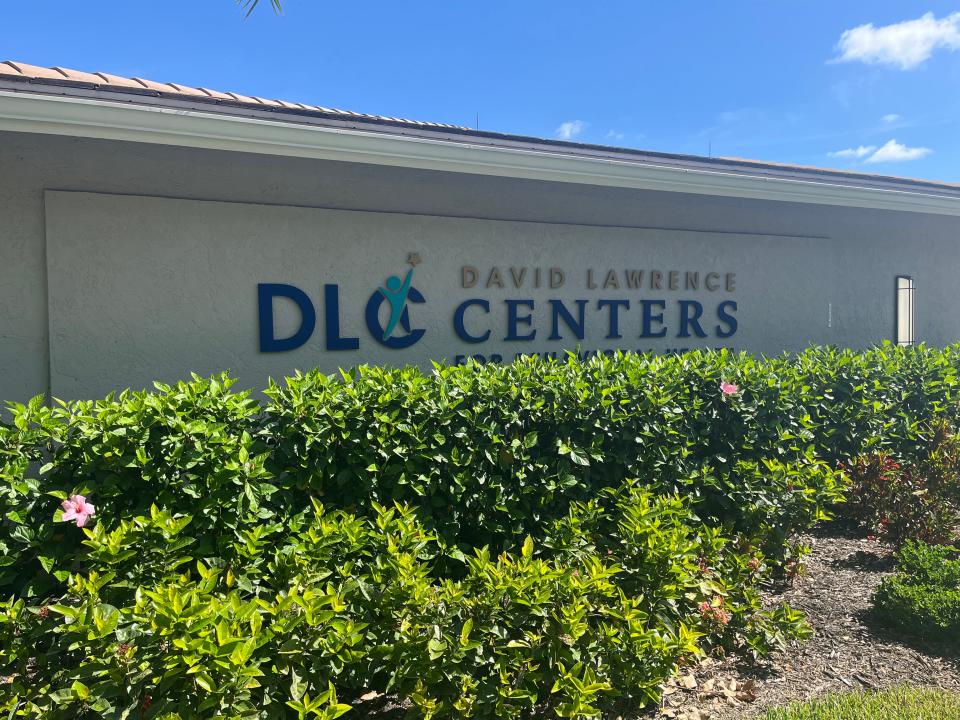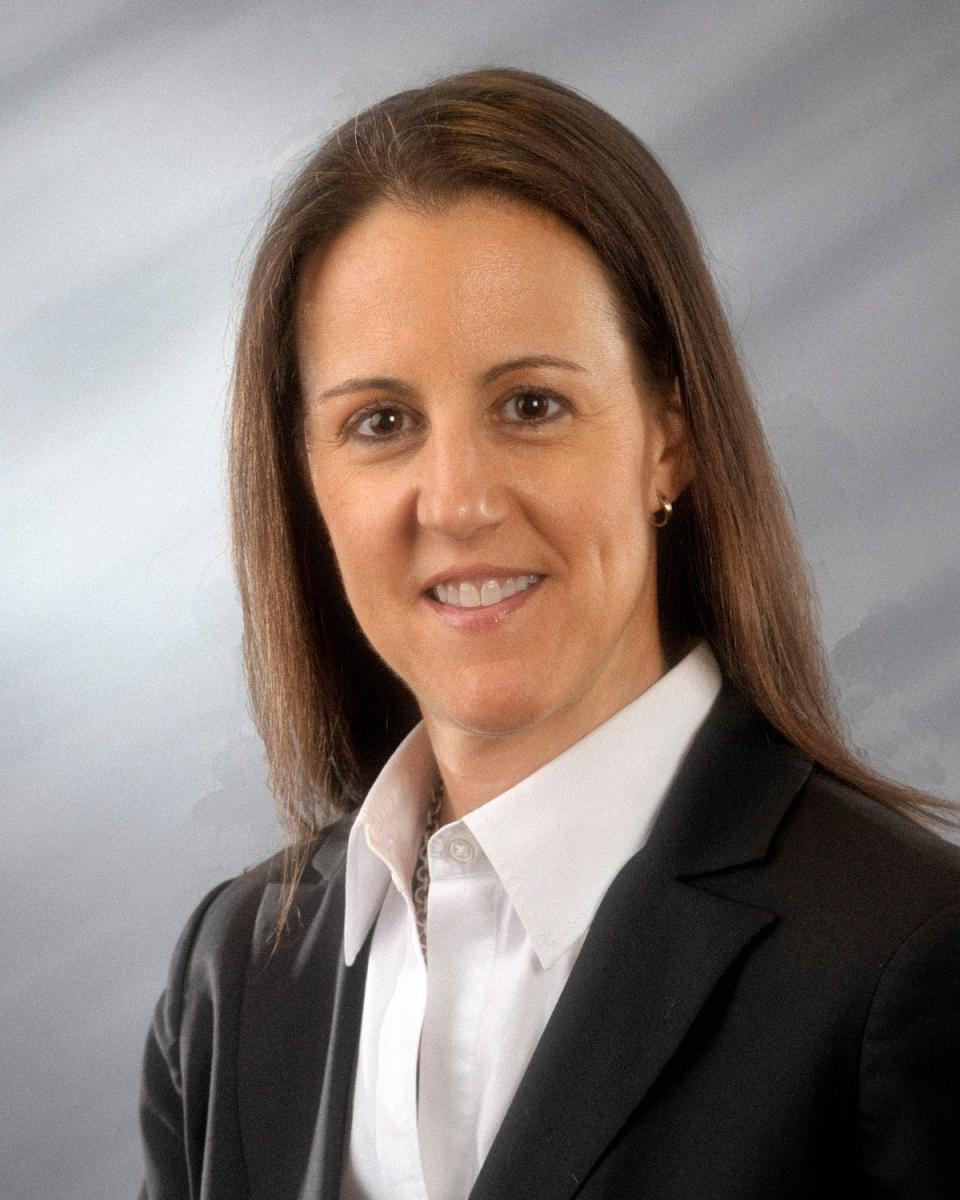How many people get held for mental health assessment in Florida? Site is telling you now
Want to know how many people in your community may suffer from a mental health breakdown?
The state of Florida is giving you a broad idea in the name of transparency.
A Baker Act dashboard, referencing the state law that allows people to be held for an evaluation, was launched in late March by the state Department of Children and Families.
The intent is to increase access and transparency among mental health centers that accept people who are held under the Baker Act law for evaluation and it includes data outlining utilization, repeat admissions and more.
Another aim is to help policy makers be more proactive in providing care, including preventive mental health services.
Florida continues to rank low for mental health funding and access, according to nonprofit advocacy organizations, such as Mental Health America, that say the state ranked 25th last year and 49th the year before.

A few days ago Forbes Advisor came out with its list of best and worst states for people seeking treatment and Florida is among the top five worst states.
May is Mental Health Awareness Month. One in five adults face a mental illness each year and one in 25 adults face a serious mental illness such as schizophrenia, bipolar disorder and major depression, according to the U.S. Centers for Disease Control and Prevention.
Roughly 30% of adults could not see a doctor for their mental illness because of cost, making the state fourth highest for lack of access and seventh for highest percent going without treatment at nearly 59%.
More: Price tag for new mental health center in Collier now at $50M; a year ago it was $44M
What does the dashboard show?
The dashboard can be found at myflfamilies.com/BakerActDashboard.
It provides options for finding out the number of involuntary examinations by region and county, along with focused searches on age, race, and gender. There is information on if the harm was to themselves or others, who initiated the examination and more.
Some of the data shows that from July 1, 2022 to June 30, 2023, there were 174,450 involuntary examinations statewide.
“This tool will allow Florida to better serve mental health needs in the state with current information and trends,” DFC said in a news release. “The dashboard is updated weekly, replacing a lagging annual report process where data is usually years behind.”
Shevaun Harris, secretary of DCF, said the state is “at the forefront of innovation and improving efficiency and transparency” which are key to the mission of improving outcomes and support to families.

“With the most comprehensive, publicly available dashboard in the nation, this improved access to information will help gain insight into evaluations for emergency mental health stabilization, empowering the department and mental health providers to be more proactive and versatile in our approach to providing preventive mental health services.”
What do mental health facilities say?
Two Southwest Florida mental health treatment centers welcomed the dashboard.
“This information serves as a critical tool for providers, state agencies and stakeholders, enabling them to make informed decisions and advocate effectively and proactively,” Stacey Cook, president and chief executive officer of SalusCare treatment center in Lee County, said in an email.
Like all data, Cook said it has benefits and gives the public the ability to “connect the dots” between providers across the state and the may shed light on the often misunderstood process.

“Ideally, these numbers and trends can help legislators and regulators understand that the shortage of mental and behavioral health personnel and reimbursement for these services is having an impact at the crisis level,” she said.
“As providers, this information can help us plan for and keep up with demand on the community level, as well as help plan to share resources across the state,” she added.
More: SalusCare crisis unit is reopening months after Hurricane Ian damage
At the David Lawrence Centers in Collier County, the dashboard “will serve as a valuable resource as we work toward enhancing and expanding services as part of our Hope for Collier: Building Stronger Minds Together initiative,” Nancy Dauphinais, chief operating officer, said in a statement.
“This dashboard will not only provide real-time reporting to treatment providers, but also improve the quality of the data collected,” she said. “We are committed to providing hope for Collier as our community faces the worst mental health and substance use crisis in its history.”
Another option for the public to learn more about mental health care and the law in Florida is available through the University of South Florida Baker Act Reporting Center, she said.
That site is usf.edu/cbcs/baker-act/
This article originally appeared on Naples Daily News: Where in Florida are the most involuntary holds for mental health.

